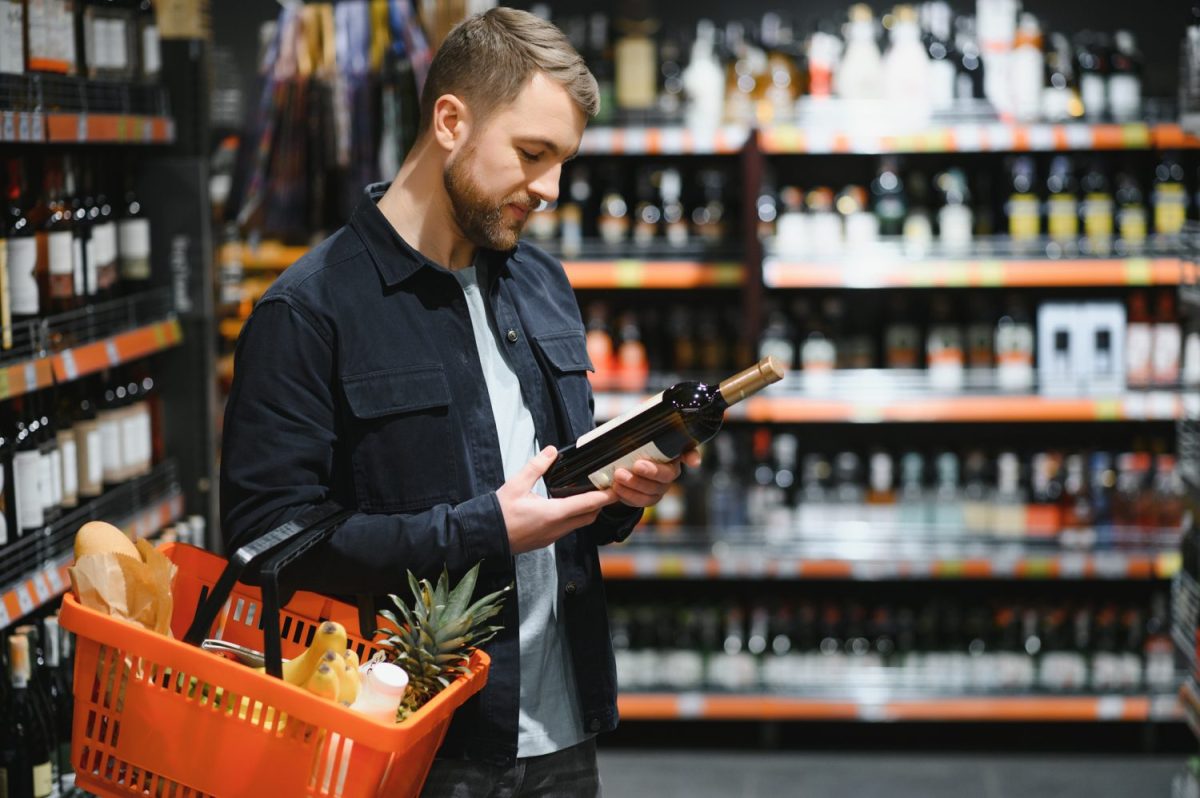The Northern Territory Government has announced a voluntary buy-back scheme of grocery store liquor licences, as part of a raft of alcohol reforms in the NT.
Over the next four weeks, grocery store liquor licensees can file an expression of interest for the Territory Government to purchase their liquor licence. Each offer will be held in confidence.
A statement from the government said that the proposition had the aim of reducing the number of alcohol takeaway outlets in the Territory, ‘as evidence shows the density of liquor outlets contributes substantially to alcohol-related harms and takeaway outlets pose the highest risk.’
Nathasa Fyles, the NT’s Chief Minister and Minister for Alcohol Policy, explained the motivation behind the policy.
“We are putting Territorians first with world-leading alcohol reforms to cut alcohol related harm and reduce antisocial behaviour in our community. This included measures like the Banned Drinkers Register, risk-based licensing and Police Auxiliary Liquor Inspectors – but we know there is still more work to do,” Fyles said.
“We are using innovative ways to reduce liquor licences in the community. Instead of them being transferred, we will purchase the liquor licence, creating less outlets to purchase alcohol from.
“Given the ongoing alcohol-related harm we’re seeing in the Territory, particularly over the last few months this buy-back scheme will likely see a decrease in alcohol sales.”
The policy comes after a liquor store worker died following a stabbing last month.
Retail Drinks responds
Michael Waters, CEO of Retail Drinks, also responded to the Territory government’s announcement.
”Retail Drinks does not object to a voluntary buy-back of grocery store liquor licences. Importantly, we have had assurances from the NT Government that grocery store licensees who do not participate in the buy-back won’t be penalised or forced to relinquish their licence at a later date,” Waters said.
Waters also took the opportunity to emphasise that most grocery store licence-holders were engaged in the responsible provision of alcohol.
“It’s important to recognise that the vast majority of grocery store licensees are small businesspeople serving alcohol responsibly to communities which like the convenience of a mixed goods store.”
Waters also called for reforms to make licensing rules fairer for these responsible licensees.
“The current licensing rules unfortunately do not reflect the relative size of today’s prices for grocery and alcohol items, or the reality of normal shopper behaviour,” Waters continued.
“To ensure reputable operators—and the locals who rely on them—are not unfairly penalised, there are two more licensing reforms needed: the cap on alcohol sales needs to be increased, and the reporting cycle needs to revert to an annual basis so seasonal trends can be managed.”
Waters is responding to the 25 per cent cap on liquor styles as a proportion of grocery store total sales, a recommendation of the Riley Review into alcohol legislation in the Territory. The government states that this cap ‘ensures that alcohol is not the primary product of grocery stores – alcohol sales must be ancillary to the key business of selling food and other groceries.’
Nevertheless, Waters commended the Territory government for its openness in communication, and concluded by saying: “Retail Drinks welcomes the NT Government’s open dialogue and will continue to work with all stakeholders as this, and other issues within the Liquor Act review, are progressed.”

